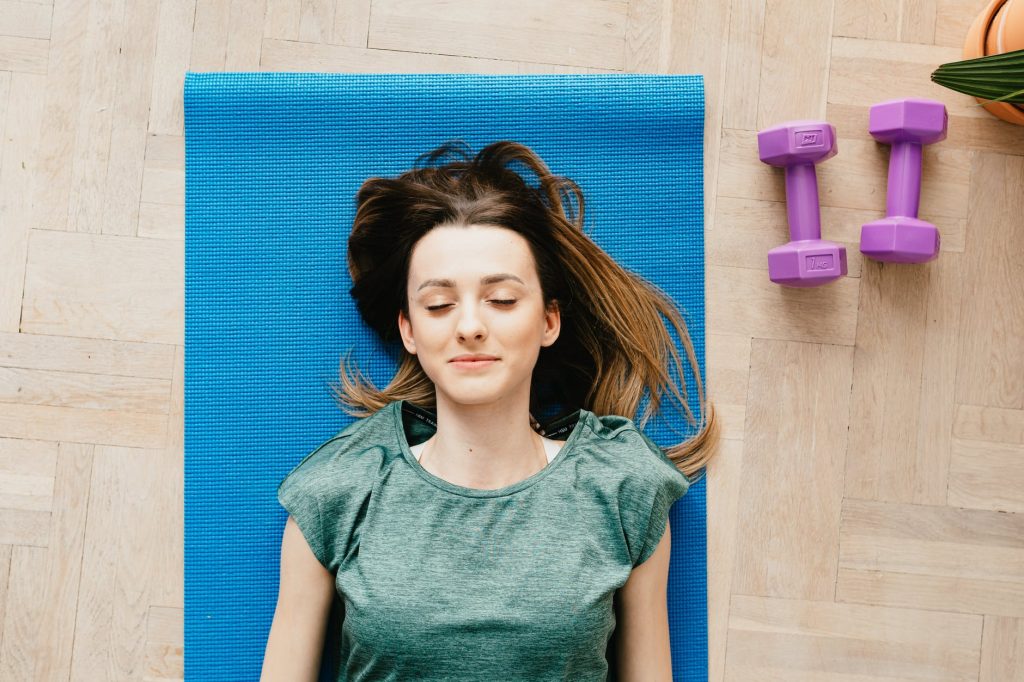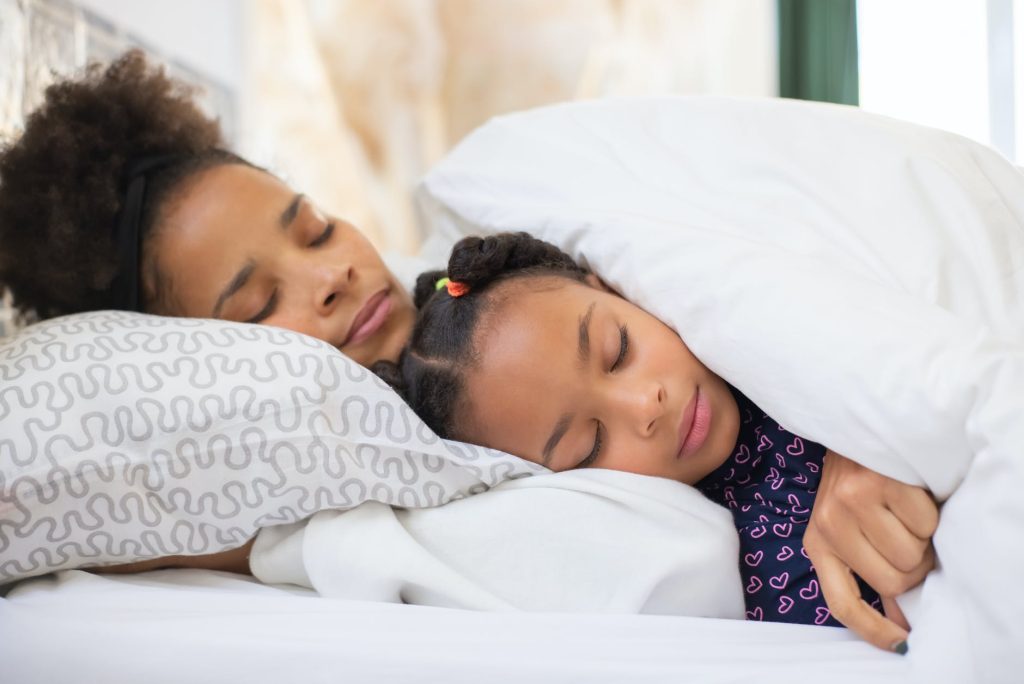It’s often said that if you want to remain healthy, you ought to eat sensibly and exercise regularly. Get a membership at a nice gym like CorePower Yoga. That should help a lot.
The good news is that if you work out regularly, you’re also more likely to maintain a proper sleep quality. Not getting enough quality sleep hours has been associated with a rather long list of health issues. These potential problems include higher risks for obesity, diabetes, heart disease, high blood pressure, and even mental health.
Keep the Same Sleep Schedule
Experts agree that people need about 7 to 9 hours of sleep a day. So, if your workday starts at 9AM, you may want to get to wake up at 7AM and then fall sleep later at 11PM.
However, lots of people tend to change their sleep schedule during the weekend. They may sleep later on Fridays and Saturdays, and then wake up later the next day.
The problem is that if you wake up late on Sunday mornings, then you might find it difficult to fall asleep at 11PM that night. If you finally fall asleep at 2AM, then you won’t get enough hours of sleep when you have to wake up at 7AM on Monday mornings.
To avoid this problem, just sleep at the same time each night, whether it’s a weekday or the weekend.
Have a Wind Down Sleep Routine
You should have at least one restful activity that you should do each night, to signal your brain that it’s time to go to sleep. It doesn’t even have to be a complicated setup with numerous activities. It can be as simple as urinating and then brushing your teeth.
Some people take a warm bath for 20 minutes, while others settle on a cozy chair to read for a few minutes before getting to bed.
Avoid Electronic Screens before Sleeping
That means you shouldn’t watch TV or use the computer (or even your tablet or smartphone) an hour before you sleep. If you’re going to bed by 11PM, that means you need to avoid electronic screens by 10PM.
The reason for this is that several studies have indicated that the blue light transmitted by these screens can mess with your natural circadian rhythms (your body’s internal clock). That means your body might get confused and think it’s still the early afternoon when it’s actually time for sleep.
Take Out All Screens in the Bedroom
There are several reasons for this, aside from how the screens mess with your circadian rhythm. You also don’t want to associate your bedroom with any other activity besides sleeping (and sex).
These electronic devices may still emit some ambient light, and that doesn’t help with your sleep. Ideally, your best bet is to sleep in complete darkness.
Sure, you can always wear a mask. It’s not as if masks aren’t popular enough these days. But you still know that these screens are right there, and you may be tempted to watch a TV show or go online.
This is why you should also consider leaving your smartphone outside the bedroom. Yes, some people might object. They may say that they need the smartphone on standby in case a family member calls them because of an emergency. The smartphone may also function as their alarm clock.
But it’s still a tempting option. So, if you find yourself succumbing to that temptation and you use the smartphone to go online, then you need to keep it out of the bedroom.
Minimize Liquid Consumption
Obviously, you need to reduce caffeine consumption, so coffee, cola, and many types of tea aren’t really recommended before bedtime. Experts recommend that you stop drinking coffee after 5PM.
Alcohol is a no-no as well. The alcohol may make you feel sleepy, but it reduces the time you spend in deep sleep (REM sleep).
But even water is an issue. You should minimize drinking water two hours before bedtime, so you won’t have to wake up and go to the bathroom in the middle of the night.
Keep It Cool
It’s hard to fall asleep when you’re feeling too warm. Try to maintain a temperature within a range of 60 to 67 degrees F. You’ll fall asleep faster, and even stay longer in the deeper sleep phase.
Final Words
What should you do if you’re in bed and you still can’t fall asleep? The first thing you need to do is to get out of the bedroom. This is to prevent you from associating wakefulness (and the accompanying frustration) with your bed.
Get back to the living room, and keep the lights dim. Maybe get a book that you’ve already read and read for a few minutes. Or perhaps you can sit back on a comfy chair and listen to some relaxing music. Do some calming breathing exercises if you want.
Go back to bed when you’re feeling more relaxed. Put your mask on, settle down, snuggle under a blanket, and get to sleep.

